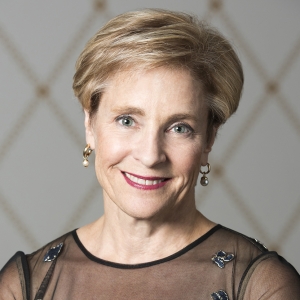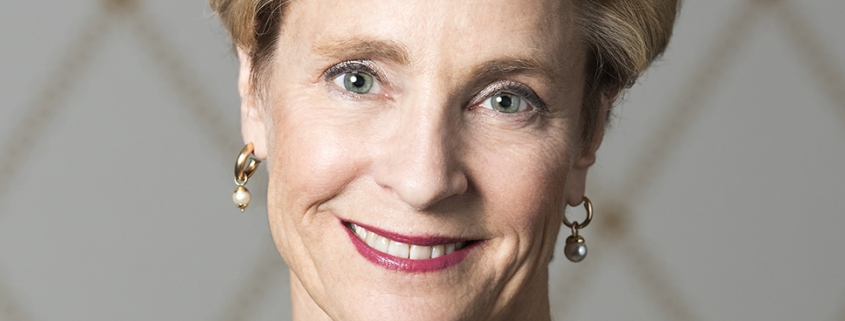NCL staff attends consumer protection brownbag
 By Sally Greenberg, Chief Executive Officer, NCL
By Sally Greenberg, Chief Executive Officer, NCL
On June 25, 2024, the National Consumers League (NCL) joined the Consumer Protection Brownbag event, moderated by Adam Teitelbaum, the Director of the Office of Consumer Protection at the DC Attorney General’s Office.

I shared the history and mission of NCL and discussed our more recent successes, including NCL’s advocacy role for workers in DC receiving minimum wage through the “One Fair Wage” initiative and the Federal Aviation Administration Reauthorization Act of 2024, which now includes automatic refunds for flight cancellations and excessive delays and the elimination of fees for parents to sit with their children. We also discussed anti-trust concerns with the Ticketmaster-Live Nation merger and the ongoing lawsuit involving the DOJ and DC OAG. Moreover, I spoke about our case against Starbucks for false claims regarding ethically sourced products. Finally, I covered a range of consumer protection efforts, from fraud prevention and unit pricing enforcement to proposed alcohol labeling reforms.
Erin Witte, Director of Consumer Protection at the Consumer Federation of America (CFA), spoke about the mission of CFA and her personal journey from criminal lawyer to consumer protections advocate. She outlined CFA’s current focus areas, including tackling junk fees, combating forced arbitration clauses that limit consumers’ legal recourse, and advocating for product safety, food and alcohol regulations, investor protection, and insurance reforms. She also discussed the link between credit scores and car insurance, and how this association is one of the primary drivers of rising insurance costs. Witte highlighted CFA’s collaboration with regulatory agencies to address these pressing consumer issues.
Witte, Teitelbaum, and I responded to questions during the question and answer session about the obstacles faced by attorneys and advocates pursuing consumer protections and how the possible changes in administrative deference could affect the future of consumer protection.
###
















